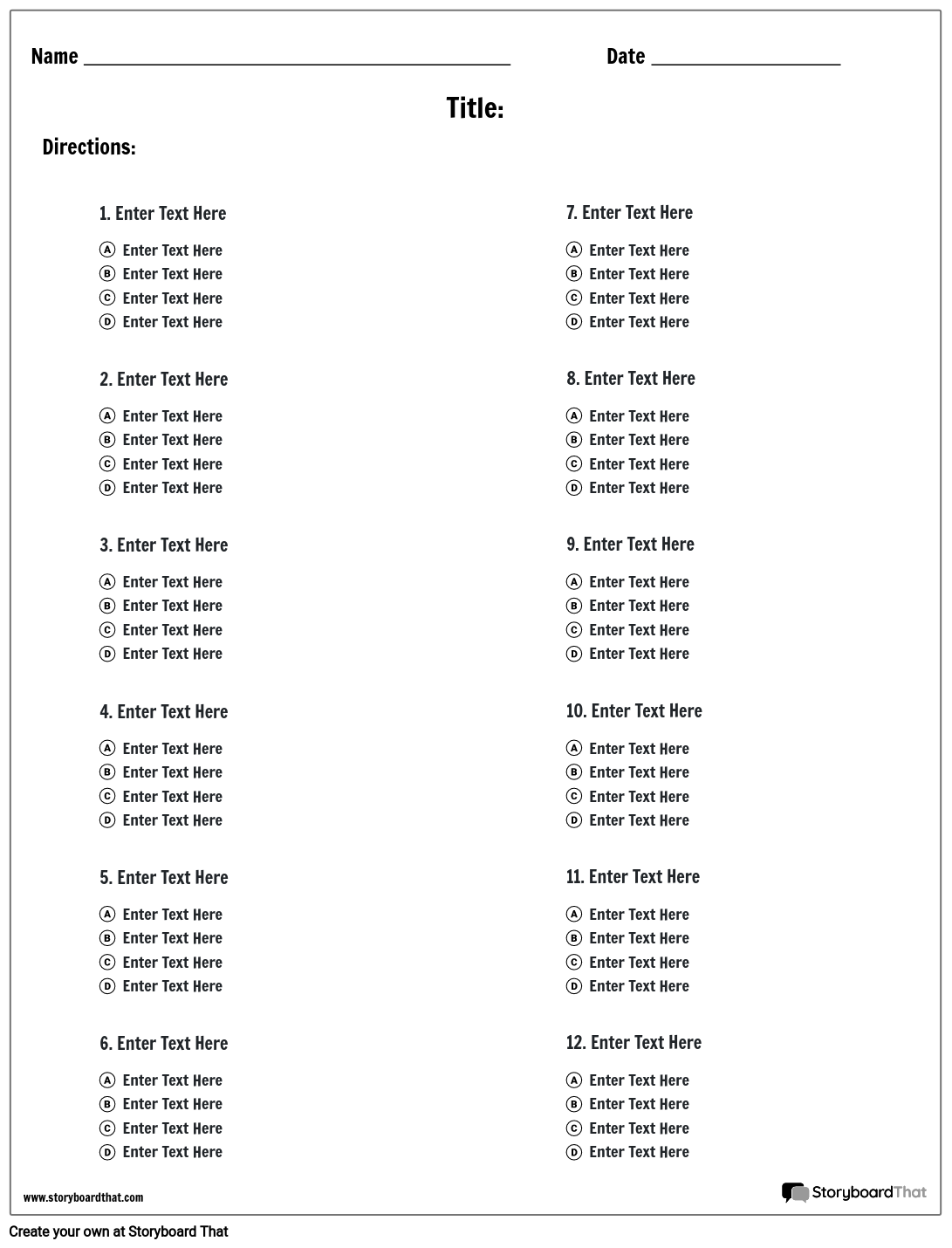Multiple choice questions are a popular type of assessment used in education and testing. These questions present a statement or question along with a list of possible answers, with the test-taker asked to select the correct answer from the choices provided. They are commonly used in exams, quizzes, and surveys to assess knowledge and understanding.
Multiple choice questions offer several benefits, including the ability to efficiently test a large amount of material in a relatively short amount of time. They also provide a standardized format for assessment, making it easier to compare results across different test-takers. However, creating effective multiple choice questions requires careful consideration to ensure they are clear, concise, and accurately assess the intended knowledge or skill.
Here is a sample of multiple choice questions:
- What is the capital of France?
- Paris
- London
- Rome
- Madrid
- Which planet is known as the Red Planet?
- Venus
- Mars
- Jupiter
- Mercury
When creating multiple choice questions, it is important to ensure that the answer choices are plausible and that distractors are well-constructed to test understanding. Additionally, it is crucial to avoid ambiguous language or double negatives that can confuse test-takers. By following best practices and guidelines, multiple choice questions can be an effective tool for assessing knowledge and understanding.
In conclusion, multiple choice questions are a widely used form of assessment that offer benefits such as efficiency and standardization. By carefully crafting questions and answer choices, educators and test creators can effectively evaluate the knowledge and skills of test-takers. Whether used in exams, quizzes, or surveys, multiple choice questions play an important role in the assessment process.
